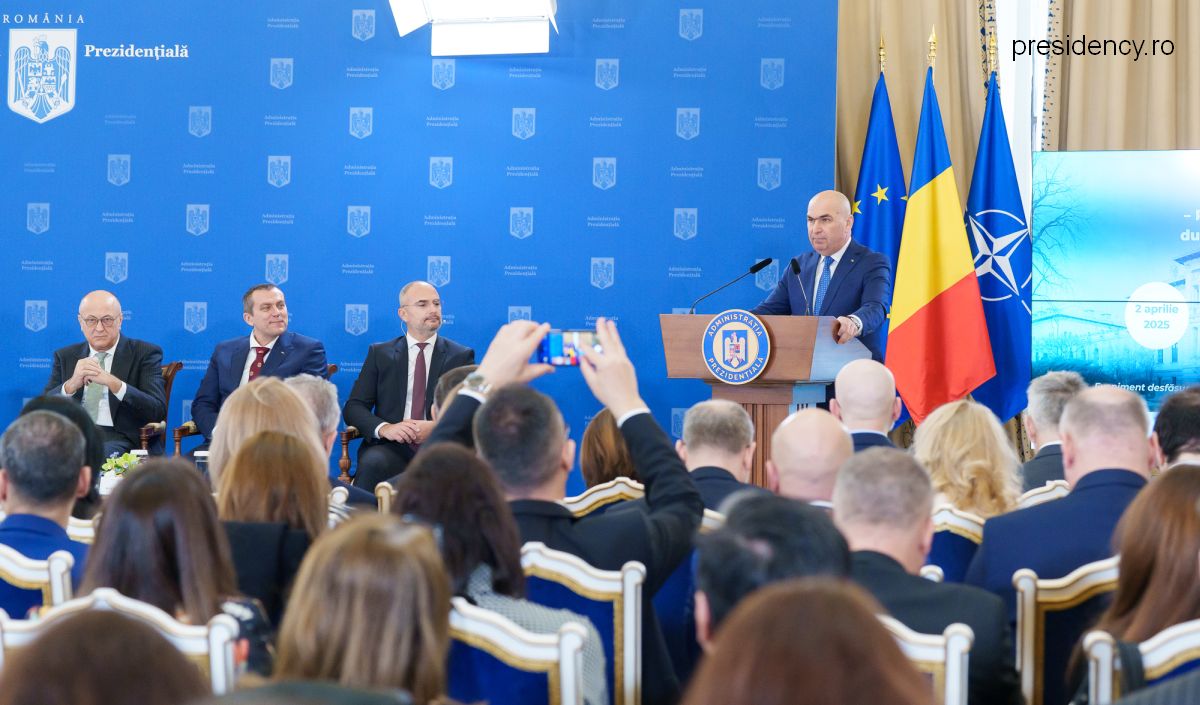A long-awaited evaluation
Romanias Prosecutor General Augustin Lazar and the Chief Prosecutor of the National Anti-corruption Directorate Laura Codruta Kovesi remain in office
Warning: Trying to access array offset on null in /home/web/rri.ro/public/wp-content/themes/rri/template-parts/content.php on line 53

Warning: Trying to access array offset on null in /home/web/rri.ro/public/wp-content/themes/rri/template-parts/content.php on line 98
Ştefan Stoica,
30.03.2017, 13:11
The much blamed emergency decree number 13, under which the Government in Bucharest, made up of representatives of the Social Democratic Party and the Alliance of Liberals and Democrats in Romania, tried to ease the anti-corruption criminal legislation, and which was abrogated as a result of the pressure put by citizens protesting in the street, is still producing effects. The Constitutional Court has ruled recently that the National Anticorruption Directorate (DNA) overstepped its responsibilities when investigating into the way in which the decree was passed.
Encouraged by the court’s ruling, the Justice Minister Tudorel Toader, a former member of the Court himself, decided that the activities carried out by the Prosecutor General and the DNA Chief must be evaluated. In an attempt to cast away any suspicion that the evaluation had been ordered politically, Tudorel Toader was keen on stressing that the decision was taken without any request or pressure from outside the ministry.
After an hour-long lecture on constitutional law, a tour de force for the journalists waiting for him to present the conclusions of the evaluation, Toader finally made the long-awaited announcement: “After an assessment of all constitutional, legal and opportunity factors, we came to the conclusion that starting the institutional process of replacing the Prosecutor General and the DNA Chief Prosecutor is not opportune.”
Still, the Constitutional Court’s ruling, according to which prosecutors’ responsibilities do not include censuring government decrees, urges the ministry to take certain measures. Tudorel Toader: “What we believe is opportune, in keeping with the rule of law, is the need to put in place a careful system to monitor the way in which reporting is done with regard to the activities carried out by the National Anticorruption Directorate, the General Prosecutor’s Office and the Directorate for Investigating Organised Crime and Terrorism (DIICOT). This is a prerogative of the Minister of Justice and, I repeat, I will exert this prerogative, without interfering with the prosecutor’s right to provide solutions.”
An avowed supporter of the efforts made by prosecutors to combat corruption, Romania’s President Klaus Iohannis has stated he is content with the activity carried out by the head of the National Anticorruption Directorate. The head of state does not share the Justice Minister’s opinion with regard to the DNA allegedly overstepping its responsibilities, but does not contest the minister’s right to monitor the activity carried out by prosecutor’s offices.
Klaus Iohannis: “I really expect the Justice Minister to support the Public Ministry, the General Prosecutor, the DNA Chief Prosecutor and the DIICOT Chief Prosecutor, and help them carry out their missions. If the Public and the Justice Ministries work together as part of what we called ‘loyal cooperation’, then everything will turn for the better. And that would be different from the situation early this year, when the Ministry of Justice and the Public Ministry had different stands with regard to decree no.13.”
Prime Minister Sorin Grindeanu has stated in a communiqué that he has always asked to be informed about the results of the on-going monitoring of prosecutors’ activity and has given assurances that the Government is fully committed to the fight against corruption.






























